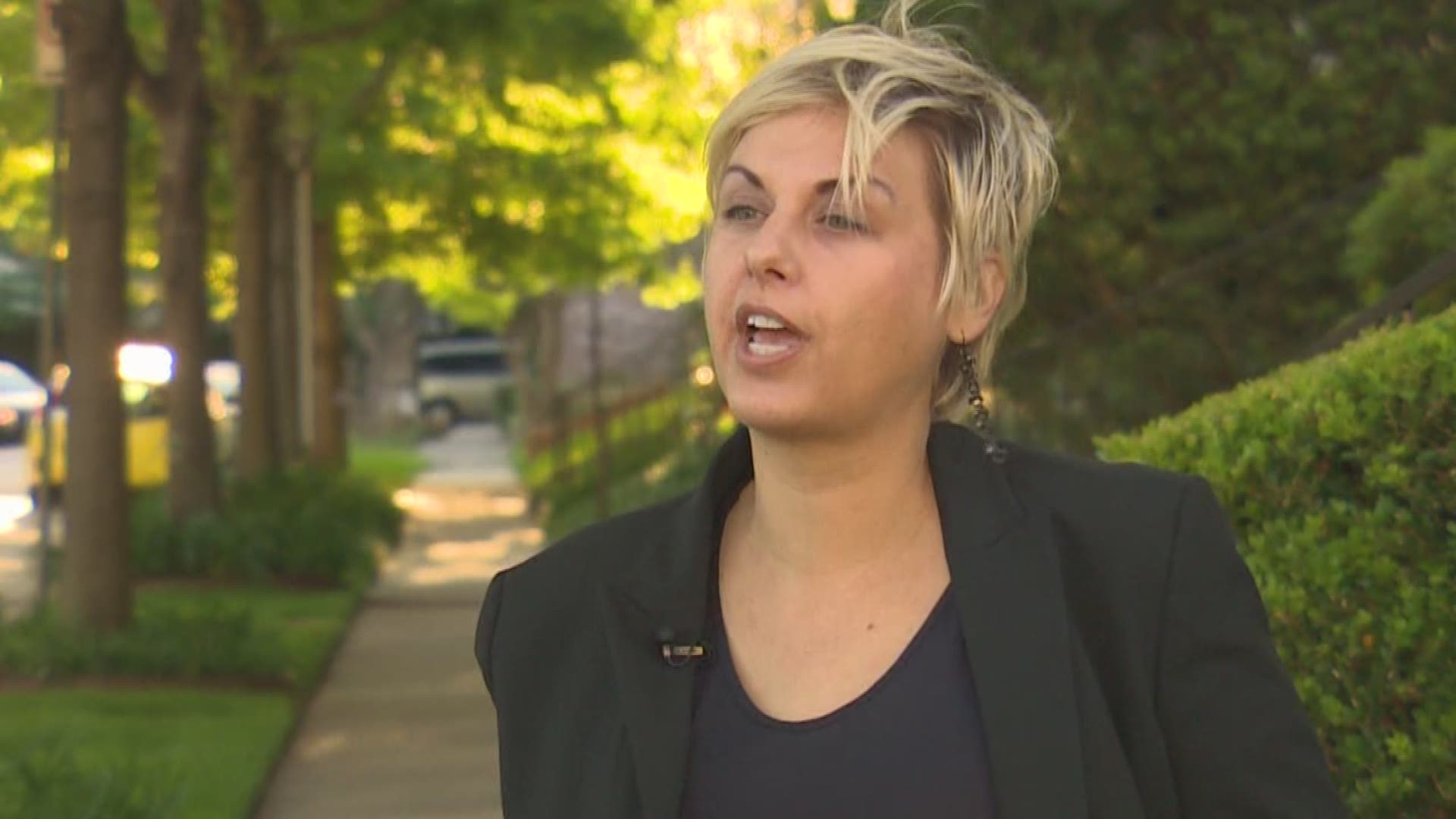PEARLAND, Texas -- For the second time in as many weeks, Pearland High School sent a letter home to parents Friday saying a student had taken their own life.
As challenging as it may seem, mental health counselors say suicide is an important topic to discuss.
Dr. Jacinda Tucker, Manager of Community Training at the Harris Center for Mental Health and IDD, answered some parents’ questions.
Q: What are signs and symptoms that someone may be having suicidal thoughts?
A: Hopelessness, withdrawal, giving away prized possessions, mood changes that could go from sad to happy or happy to sad. We often think that someone would go from being happy to sad, but if someone goes from being sad to happy, that can also be a sign or symptom that someone is having thoughts of suicide.
Q: I think there’s a disconnect. How can we talk to (kids), because there’s always the generation gap?
A: What we like to encourage people to do is start by saying, “I’m concerned.” “I’m concerned that you seem hopeless.” “I’m concerned that you’re crying.” “I’m concerned that you’re withdrawing from us.” “I’ve noticed that…” is another way. Then start a conversation from that direction.
Q: What can we do as a society, or a parent, or teacher, or even as a friend to prevent things like this from happening?
A: Learning how to recognize what signs and symptoms are and practicing asking the question, then knowing when and how to refer someone who is having a crisis. It’s really brave and difficult to ask someone, “Are you having thoughts of suicide?” when you start to notice those signs and symptoms. Really that’s the best way to know what to do next.
Tucker explained discussing suicide does not encourage people to complete a suicide. Instead, she says it can provide relief and someone to talk to.
The Harris Center for Mental Health and IDD has a helpline available 24/7 at 713-970-7000.
Additional resources can be found here.

